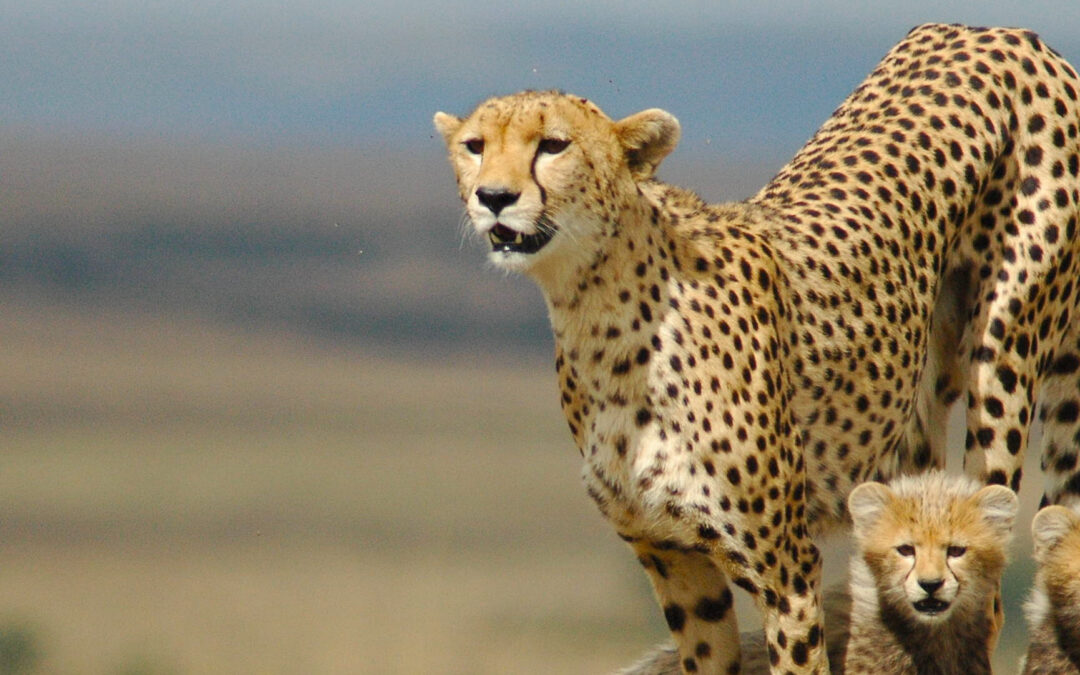In the wild, cheetahs navigate a challenging existence, relying on their exceptional speed and hunting prowess to survive.
These magnificent big cats are built for sprinting, capable of reaching speeds up to 60 miles per hour in just a few strides. However, their agility and speed also come with significant challenges.
Cheetahs often struggle with competition from larger predators like lions and hyenas, who frequently steal their kills, forcing them to expend more energy in search of food.
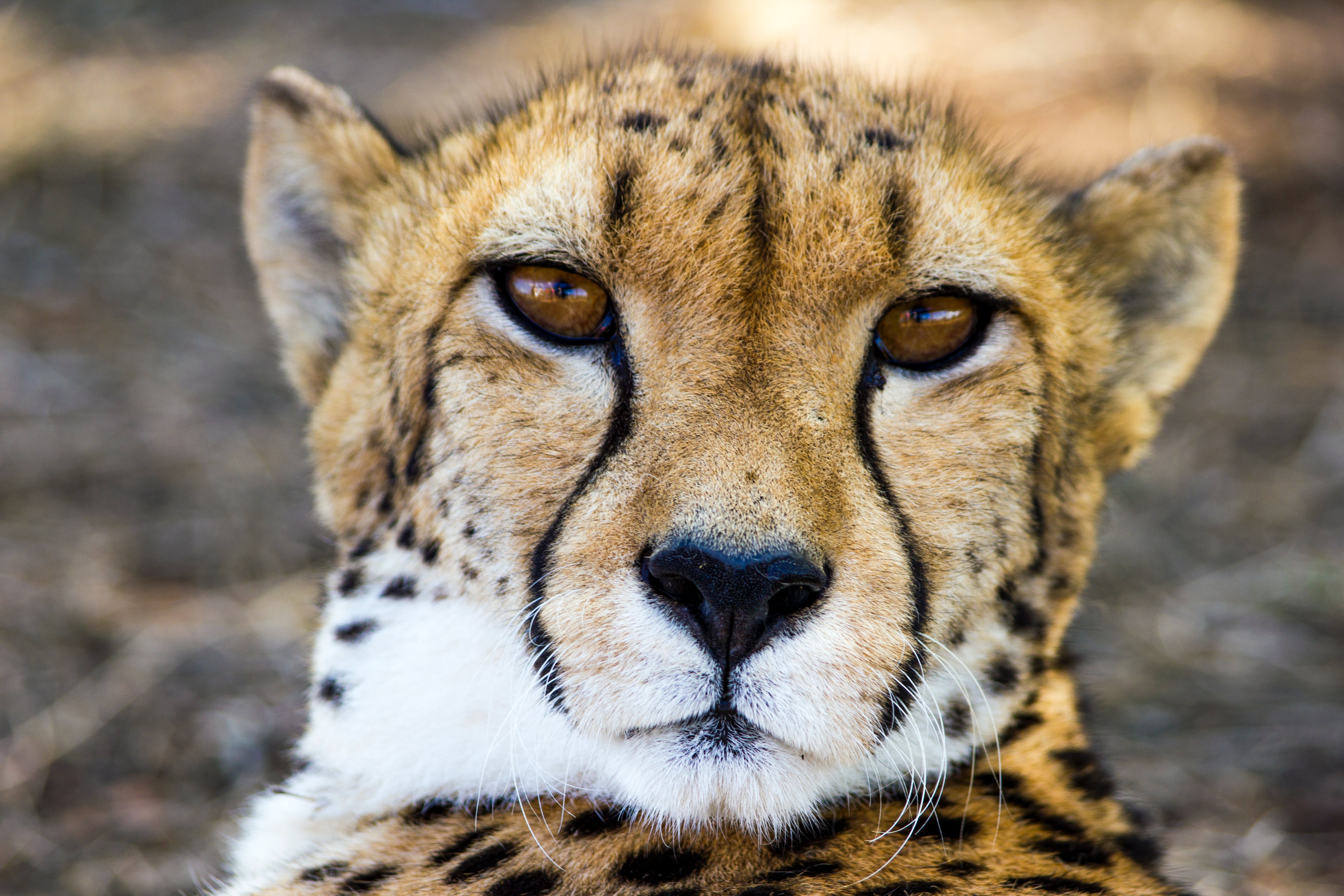
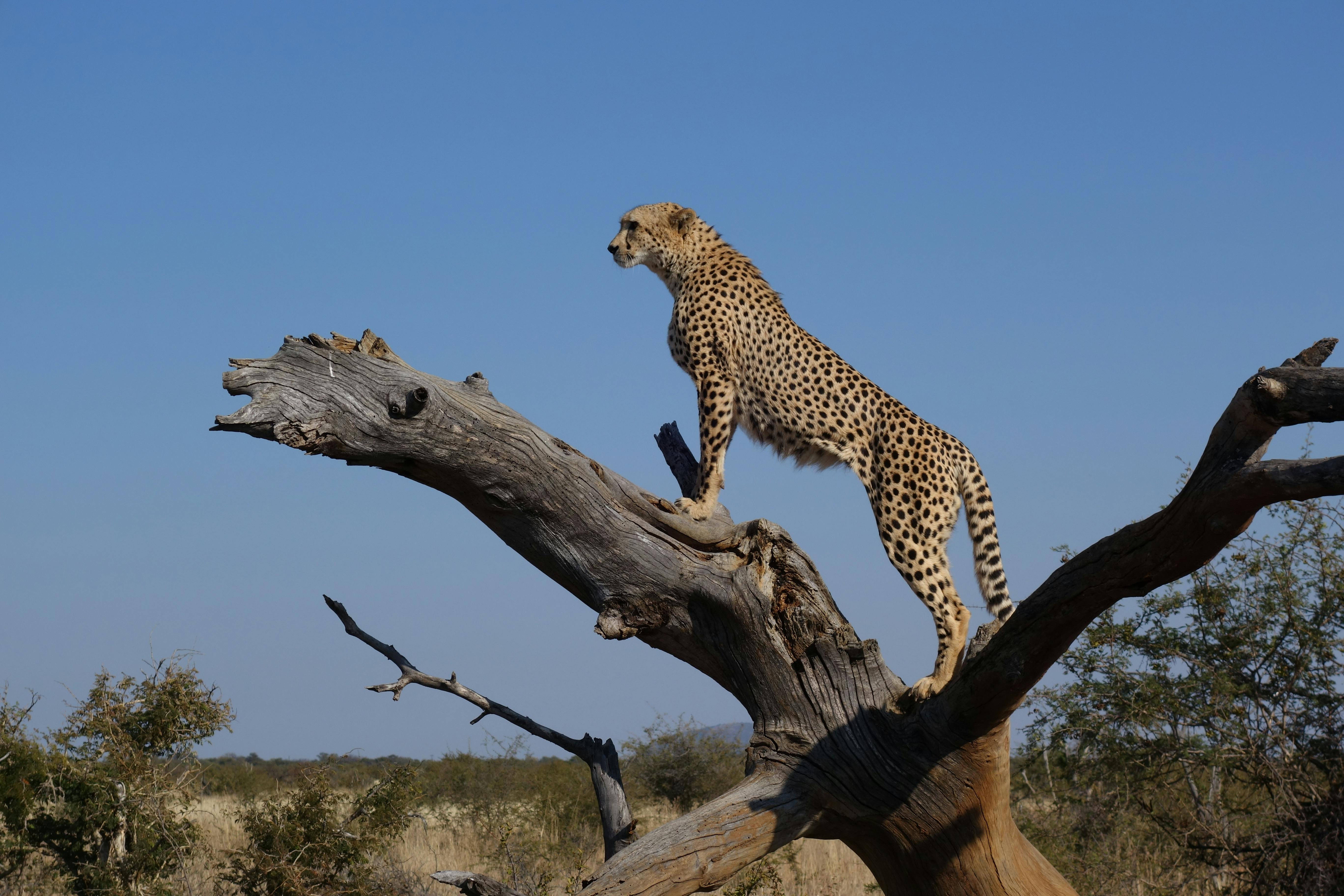
Despite these hurdles, cheetahs exhibit remarkable adaptability.
Their slender bodies and keen senses enable them to stalk prey with precision, often relying on camouflage and strategic positioning to launch surprise attacks.
Survival for a cheetah demands not only physical prowess but also acute awareness of their surroundings.
They must carefully choose when to conserve energy and when to unleash their lightning-fast bursts of speed to secure a meal.
Furthermore, cheetahs face threats from habitat loss and human encroachment. As their natural habitats shrink due to human development, cheetah populations become increasingly fragmented, making it harder for them to find suitable hunting grounds and mates.
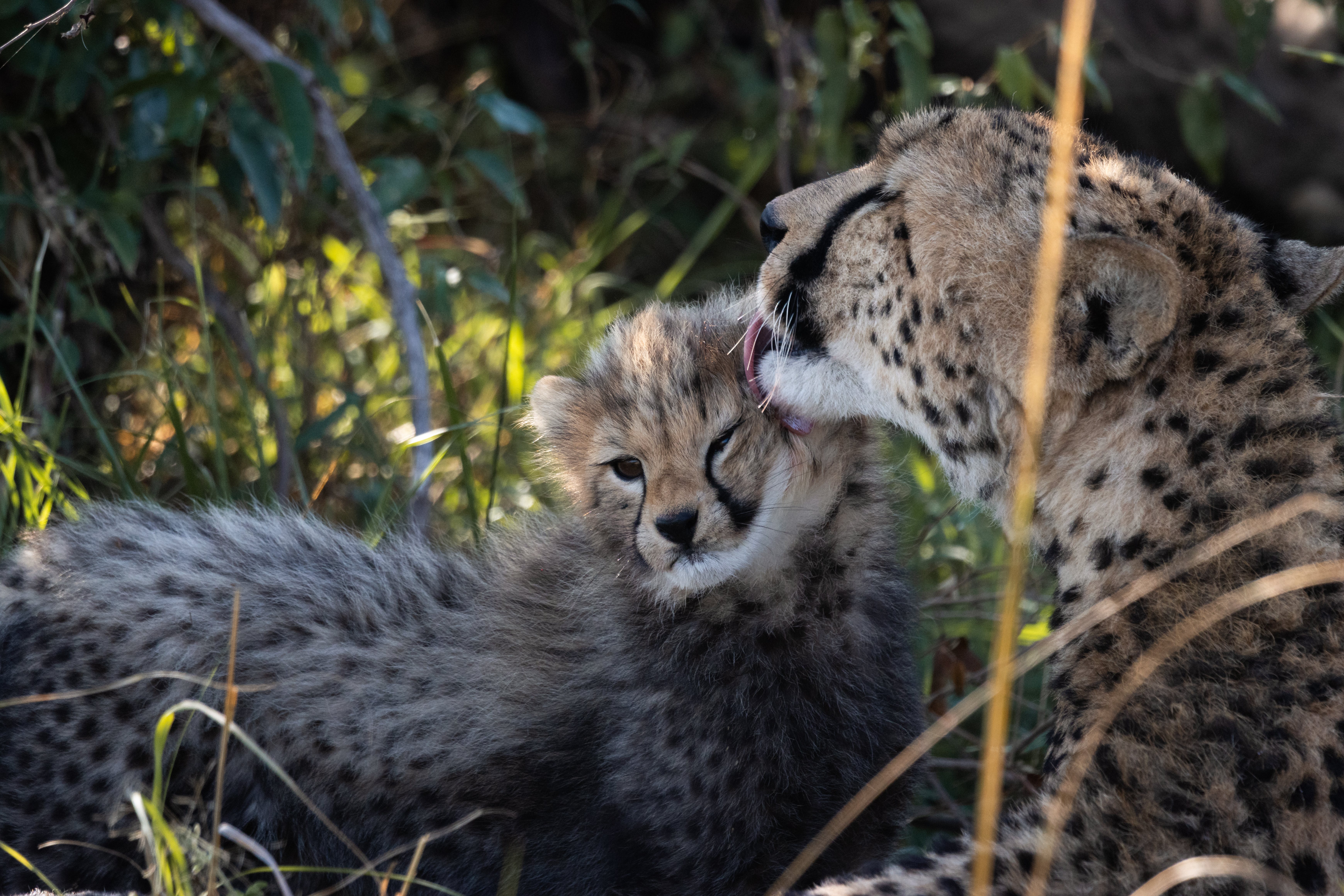
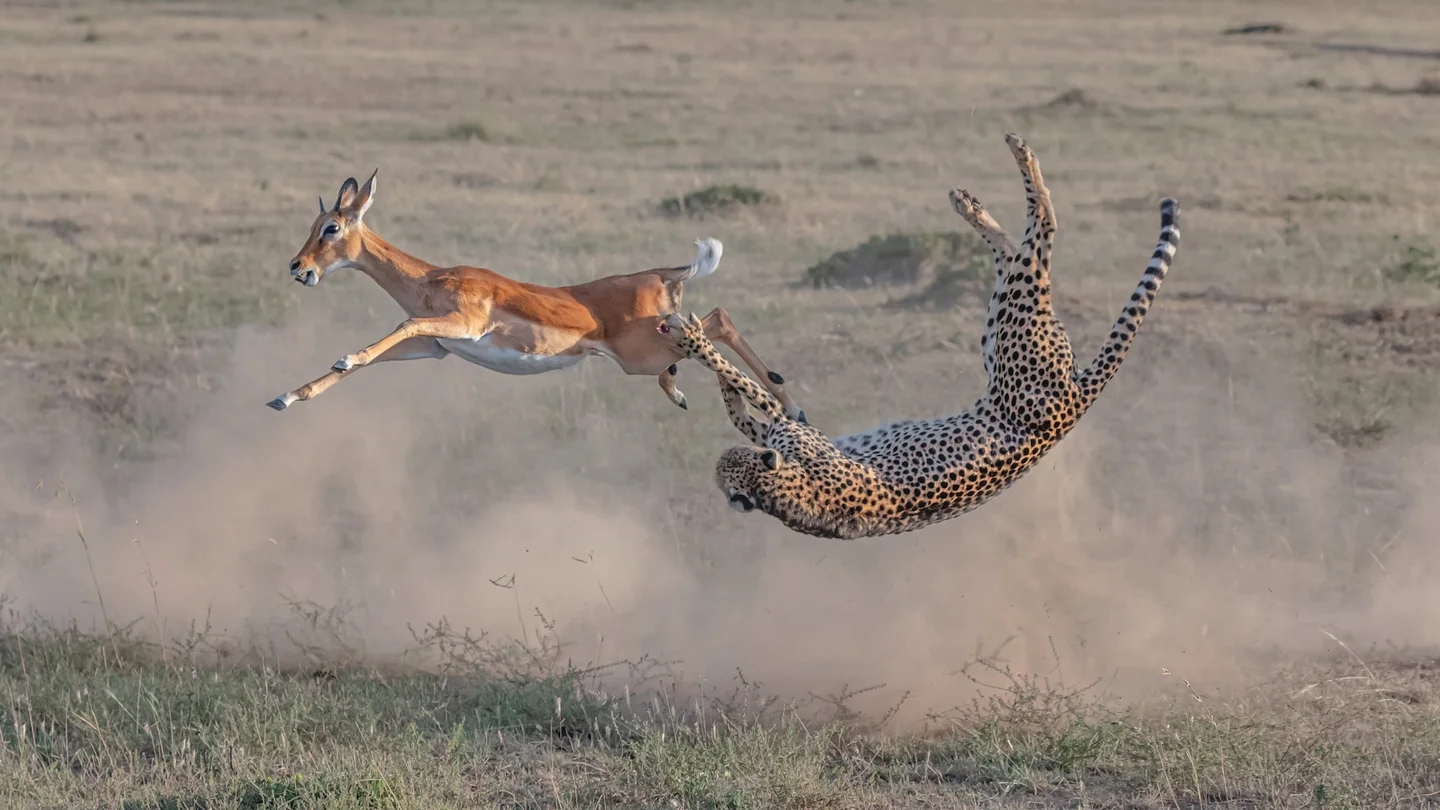
Conservation efforts play a crucial role in ensuring the survival of these magnificent creatures, with organizations working tirelessly to protect their habitats and mitigate human-wildlife conflict.
Despite the challenges they face, the resilience and grace of cheetahs serve as a testament to the enduring spirit of life in the wild.

